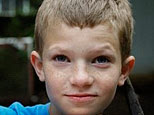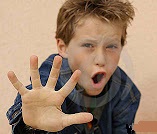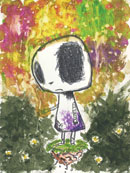Overcoming the "EQ Deficit": Help for People with Aspergers and High-Functioning Autism

While much of what I'm about to talk about applies to both men and women, this post is going to lean more toward addressing the male-version of Aspergers and High-Functioning Autism... Men with Aspergers and High Functioning Autism suffer from a phenomenon called “mind-blindness,” which is a cognitive condition where the person is unable to attribute mental states to self and others. As a result of this condition, he is often unaware of others' mental states and has difficulty attributing beliefs and desires to others. Lacking in this ability to develop a mental awareness of what is in the mind of his partner, the Aspergers man is often viewed as emotionally detached. "Emotional intelligence" is in many ways the opposite of mind-blindness. Emotional intelligence (EQ) matters just as much as intellectual ability (IQ) when it comes to happiness and success in life. Emotional intelligence helps one build stronger relationships, succeed at work, and achieve care




